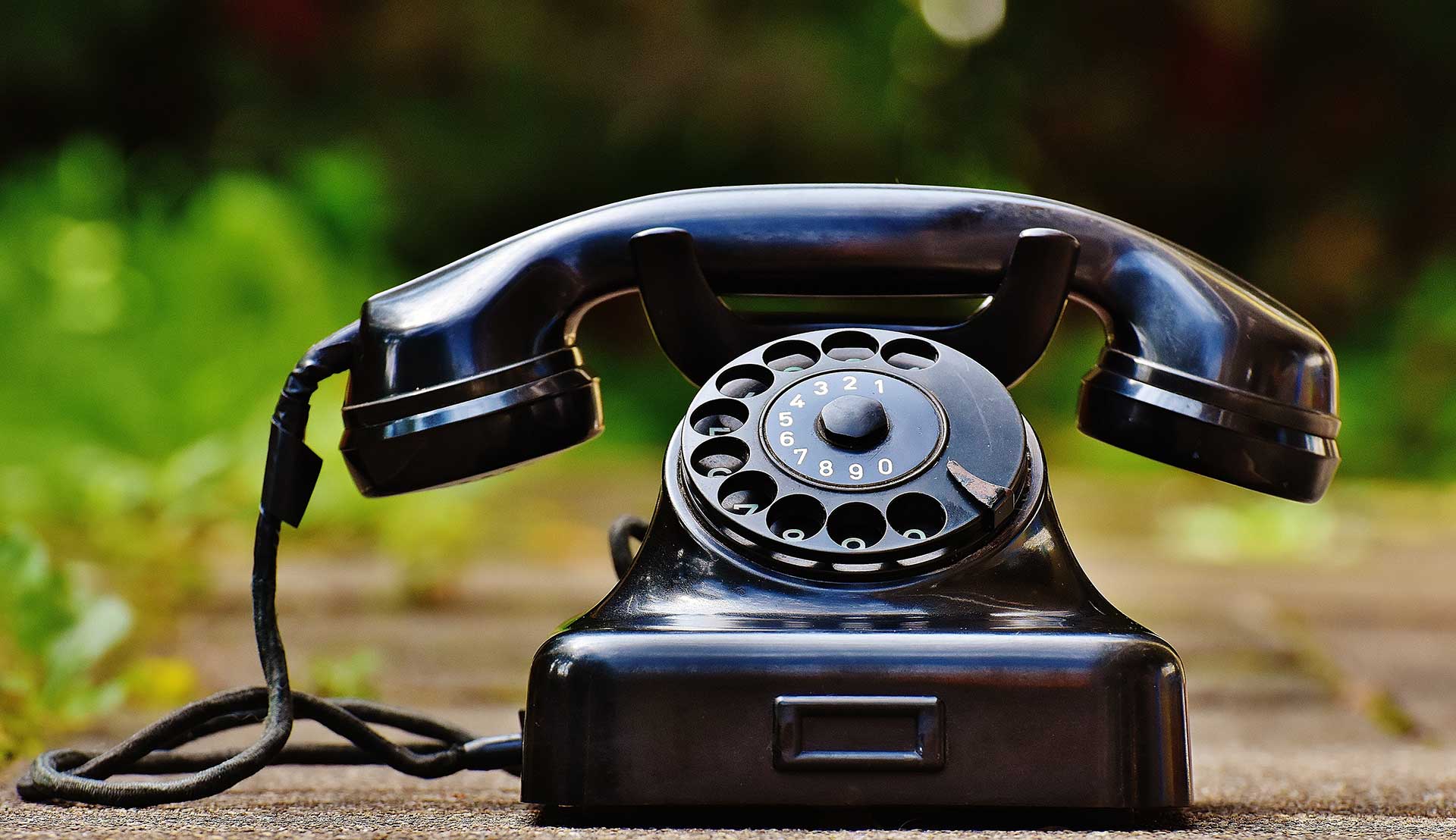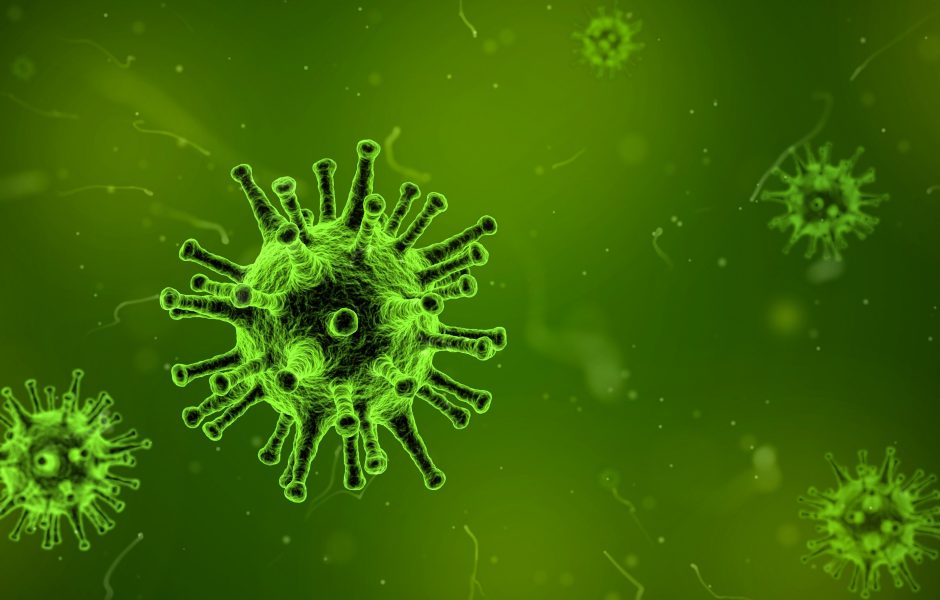Living in Somerset is great.
The wide open spaces induce calm. The relatively sparse population builds friendship and community. But communication can be tricky. So some kind of phone is essential.
In the old days, buying a phone was easy. Well, not easy but at least linear. You contacted the post office (younger readers may well need the assistance of google at this point) or the post privatisation British Telecoms, and requested a line. Then you waited. And waited. And after some considerable time a man (it was always a man) came round, did some drilling and tutting, drank copious amounts of tea (it was always tea, we didn’t have coffee in those days), and eventually deposited a strange thing with a dial on it on the hall table (again, always the hall table). You were allocated a number and off you went. You had a phone. Some people shared a line with other families and it was always a bit embarrassing when you wanted to make a phone call and overheard the other family talking on their phone about their haemorrhoids or something as sensitive.
Then the mobile was invented.
Of course, no one calls it a mobile anymore because all phones are mobile. It is as unnecessary as saying you have bought a new mobile car, or boarded a flying plane. My kids think I’m making it up when I say that when I was young phones were tied to the wall and you always had to have a supply of 2p pieces whenever you went out.
These days the process is quicker but fraught with tension. I must have spent hours gently perusing the numerous phone shops along Bridge Street and East Street looking at deals. But do I need more minutes and less data? Or do I need a camera that competes favourably with Hubble and enough storage space to run NASA. How many G’s do I need? 4 or 5? Why do I need to protect my screen? And don’t get me started on cases….
Then there’s the apps. Weather, news, shopping I can sort of see. But it’s all gone too far now. You can get apps that tell you where you parked your car, how to pop a pimple (with plenty of visuals), how to ghost hunt and when you are likely to run out of toilet paper. I’m not wild/weird/odd/brave (delete as appropriate) enough to have any of these but I do now have an app that puts my central heating on when I’m out and another that tells me when to go to sleep and then reports in the morning on how well I slept.
They are powerful and clever, truly inspirational pieces of tech. But do they make us happier? Well, yes probably. I now have more knowledge in my pocket that you could find in the main library in Paul Street. And better pictures. I have more music at my fingertips than the entire stock at Our Price.
So I guess I should put up with the confusion. Maybe a phone buying app? There’s a thought…

